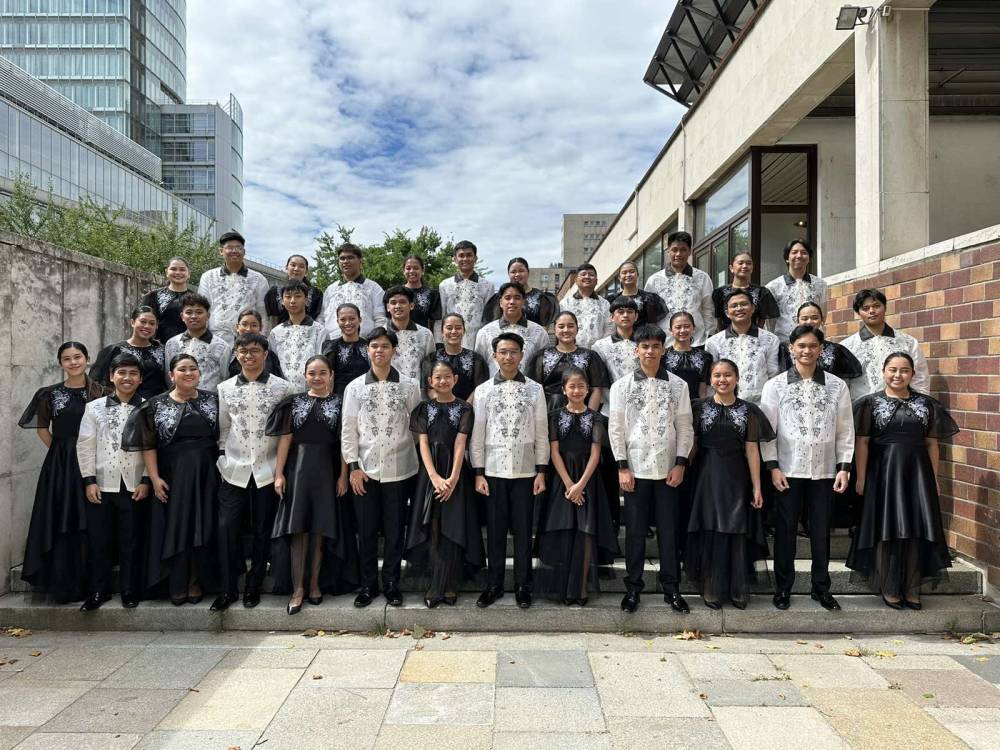
Suppose there are real geese that lay golden eggs and each egg can be sold for P10 each. On their first laying year, the geese uniformly lay 10 eggs, generating total earnings of P100 (10 eggs at P10 each). These geese do not need to eat. There are 3 geese for sale and you won the raffle for the first pick. Goose One is priced at P1,000.00 (equivalent to ten times or 10x total earnings of P100), Goose Two at P1,500 (15x earnings), and Goose Three is offered at P2,000 (20x earnings).
It’s confirmed that the geese will increase their golden egg production after 1 year of uniformly laying 10 eggs. However, Goose One will increase golden egg production by 5% every year, Goose Two by 15% and Goose Three by 25%. After 10 years, the geese stop laying golden eggs and become ordinary geese. Thus, for 10 years, Goose One will lay a total of 126 golden eggs, Goose Two will have 203, while Goose Three will produce 333 eggs.
Which goose should you buy? Is Goose Three expensive? While Goose One is the ‘cheapest’ at P1,000, you should buy the ‘most expensive’ Goose Three at P2,000. Why? You will have the most golden eggs (333) and at P10 per egg, the highest earnings. Goose Three gives the highest return on investments even if it is the priciest initially.
The story of the gold-laying geese is similar to the story of the Philippine Stock Market (PSE). At 22x earnings, like Goose Three, the PSE is now one of the most ‘expensive’ in the world. Korea is doing around 10x and the US stock market is about 16x earnings. But why do savvy local and foreign investors continue to buy PSE stocks? You guessed it right. They believe it will lay the most golden eggs in the years to come. In other words, they believe that the Philippine economy is in for years of high growth. And much higher growth than other countries.
Let’s now go the question many people ask: after rising 33% last year and 26% so far this year, are PSE stocks expensive? Should you still buy stocks? The answer is, it depends on your belief about future Philippine growth. If you believe the future is bright and that brightness will mean more sales and higher income for the companies listed in the PSE, then buy. If you don’t think so, then don’t get into the market. Try to study your belief carefully. The firmer your conviction is, the more unafraid you become to withstand the ups and downs of the market. You know, as has been said, knowledge gives courage.
If you are a growth believer but don’t want to bother in choosing specific stocks and just want to invest in the country’s growth story, you can invest in Unit Investment Trust Fund (UITF) of banks or in Mutual Funds (MFs) that mirror the PSE index. These two are essentially the same. If you want to pick stocks yourself, you can take your cue from the geese story. Look at each goose or listed company and study its prospects. Are the company’s earnings good? How many eggs will it lay? Can it compete effectively? Are the goose caretakers or management competent to nurture the company or the goose that lays the golden egg? This is the ‘fundamental analysis’ you often read or hear around.
Do only what you can handle. For instance, since we have full time work, we can only study 3 stocks. These 3 stocks and some amount in a MF form the core of our equity investments. Of course, we studied the MF’s performance consistency and track record. Our investments there more than tripled in about 7 years. UITFs and MFs allow you to mimic investing in many stocks. Many mutual funds and UITFs accept even as low as P50,000.00.
If you want to do stock-picking yourself, just be careful about the ‘daw’ theory. This ‘daw’ theory is when somebody tells you to buy a stock because ‘tataas daw’ (it will go up supposedly) without explaining why it will go up. Sometimes it’s true, but it could be fatal to your financial health when it’s not. Know your goose.
*****
Tony Moncupa, Jr. is the President and CEO of EastWest Banking Corp. Please e-mail your questions, comments, suggestions to [email protected].













































